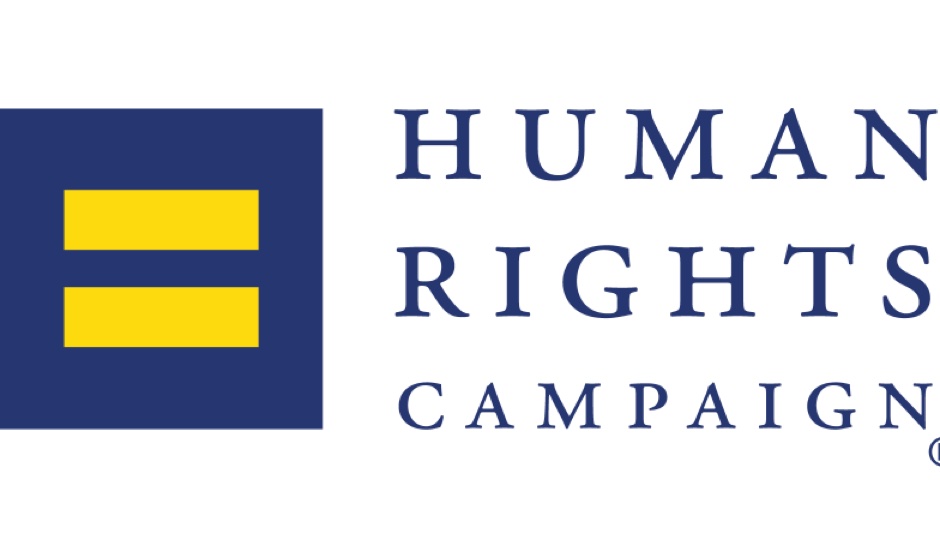OPINION: As a Black Gay Man, I No Longer Support the Human Rights Campaign

Courtesy of Human Rights Campaign.
Just one week before Election Day, the nation’s largest LGBTQ advocacy organization — the Human Rights Campaign (HRC) — is causing a stir. On Saturday, HRC president Chad Griffin, revoked the organization’s endorsement of Illinois GOP Senator Mark Kirk after Kirk made racist remarks against Democrat challenger U.S. Rep. Tammy Duckworth during a debate. This was the first time in HRC’s 36-year history that it had rescinded an endorsement of a candidate from either political party.
But what is more concerning to me as a gay man of color who has supported HRC in the past is that the organization didn’t immediately cut ties with Kirk after the controversy, but instead tried to defend the endorsement. HRC spokesperson Brandon Lorenz initially stated that “HRC endorsed Sen. Kirk based on the strength of his record on LGBTQ equality, and while that remains unchanged, we believe he should rescind his comments immediately.”
In other words: because he didn’t say anything homophobic, they don’t feel the need to drop him over comments that were racist.
Public backlash and disappointment is what made HRC finally cave in, and that’s pretty damn disappointing. Since HRC first choose to endorse Kirk over Duckworth back in March, there was heavy criticism about why the organization would choose a GOP candidate with a lower LGBTQ advocacy score on its index over an ally of color who garnered a perfect score. Matters worsened when Kirk endorsed (and later revoked) Donald Trump for president — even though the HRC has aggressively backed Hillary Clinton from the very beginning.
But beyond the politics, it seems as though HRC is yet again showing how tone-deaf it is to the larger concerns of all within our nation’s LGBTQ community. It’s no secret that intersectionality has been a hard struggle for the organization given its horrible diversity and inclusion efforts. The organization has been often pegged as “White Men’s Club,” lacking the kind of insight and nuance that reflects our community’s goals and future. This is perhaps why the organization has been criticized for being more proactive on same-sex marriage equality — which some have cited as currently more beneficial to predominately white affluent populations — than other issues such as LGBTQ homelessness, trans murders, and intersectionality overall.
When an organization that bills itself as fighting for “human rights” attempts to defend the endorsement of a white cisgender man who racially insults a person of color, there is a visible problem within said group. I can no longer pretend to support the HRC after it took public pressure to make them see something that should have been obvious to an organization that prides itself on progressive viewpoints. It’s disheartening that the nation’s leading LGBTQ advocacy organization thought that offering a slap on the wrist to racism in 2016 would mean something when they have called for harsher sanctions, such as boycotts, for institutionalized homophobia.
As an LGBTQ person of color, I will not support an organization that is reluctant to combat the oppression and disrespect of one aspect of my identity and attempts to focus on a narrow viewpoint of LGBTQ inclusion.
It’s time for the Human Rights Campaign to get relevant with issues of the current movement — which requires the community to become more diverse, intersectional, and inclusive — or else continue to fall into irrelevance.


